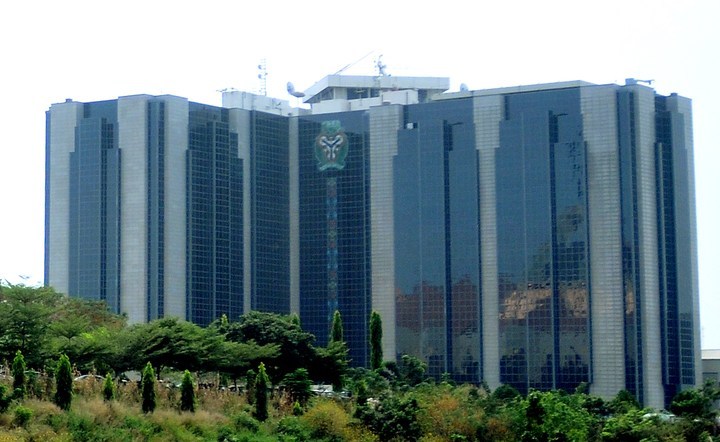The Central Bank of Nigeria has said it will restore fees on the National Collateral Registry platform with effect from November 1. It said this in a circular signed by the Director, Financial Policy and Regulation Department, Kelvin Amugo, titled, ‘Restoration of fees on the National Collateral Registry platform’, to all banks, other financial institutions and stakeholders in the financial service industry. Part of the circular read,

“The regulation on registration of security interests in movable property by banks and other financial institutions in Nigeria enabled the establishment of the NCR, which commenced operations in May 2016. “This regulation was accorded legal backing by the Secured Transactions in Movable Assets Act, 2017. “Section 22(2) of the Act requires the payment of fees for registration of movable assets used as collateral for accessing loans as well as other services provided by the NCR. “However, the CBN, at inception, waived all payment of fees on the NCR platform to encourage usage by financial institutions. “The attainment of this objective has necessitated a review of the waiver. “Consequently, banks, other financial institutions and the general public are to note that effective November 1, 2020, the CBN would be restoring the fees.”
CBN moves to forestall food shortages amid COVID-19
Also, in another development, the Central Bank of Nigeria (CBN), has embarked on a large scale food production in some states, to ensure food security, especially during the dry season. Under the strategy, the apex bank said it has developed immediate, short and medium term plans with agriculture as the major focus for achieving growth, diversification, and job creation.
The Director, Development Finance, Philip Yila Yusuf, said the CBN is working closely with respective states, and the private sector to grant long term facility to farmers within agricultural value-chains in a well-coordinated manner.
He pointed out that with the disruptions resulting from the COVID-19 pandemic, the CBN has taken measures to ensure farmers have more to produce in the value chain to forestall a potential food crisis. He said: “We have started harvesting for some of our programmes. The activities of the middlemen will soon be a thing of the past. There will be availability of food, as we have started harvesting. “For rice, we are working with the state governments to get land, and with the private sector to get them a long term facility to unlock all the forests and land
51,974 informal sector workers get pension accounts
Meanwhile, a total of 51,974 informal sector workers have registered for the Micro Pension Plan under the Contributory Pension Scheme since it was launched by the Federal Government in March 2019. The National Pension Commission, in its 2020 second quarter report, disclosed that these workers contributed N42.1m as of the end of June 2020.
Part of the report read, “During the quarter under review, the PFAs registered a total of 2,839 contributors under the Micro Pension Plan for whom a total of N7.4m had been remitted to the RSAs as pension contributions. “Cumulatively, a total of 51,974 informal sector workers had registered for the MPP and contributed the sum of N42.1m as at June 30, 2020.” PenCom said that during the second quarter of 2020, six participants converted from MPP to the mandatory CPS sequel to their employment in the formal sector.
This brought the total number of MPP participants who had converted to the mandatory CPS to 18 as of June 2020, it stated. While giving an overview of workers under the CPS, the report said during the quarter under review, the Pension Funds Administrators recaptured 56,990 RSA holders and uploaded their data on the Enhanced Contributory Registration System.


















